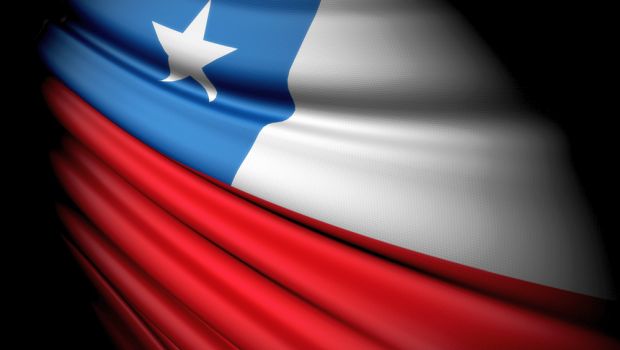Although growing, the self-storage industry in Chile still faces many challenges, particularly in new development. The author offers insight into these obstacles as well as how operators are responding.
February 13, 2017

 In April 2003, I had the idea to include a new line to my family’s real estate development business in Chile: Rezepka Inmobiliaria. Our company was already in the warehouse business; nevertheless, several clients had approached us in search of a solution for short-term storage and smaller units. As a result, I became a self-storage pioneer, founding Aki KB Minibodegas.
In April 2003, I had the idea to include a new line to my family’s real estate development business in Chile: Rezepka Inmobiliaria. Our company was already in the warehouse business; nevertheless, several clients had approached us in search of a solution for short-term storage and smaller units. As a result, I became a self-storage pioneer, founding Aki KB Minibodegas.
Self-storage was already popular in the United States, but in Latin America, it was still a relatively unknown industry. Aki KB has since grown to more than 36,000 leasable square meters. Meanwhile, the Chilean market has grown to more than 152,000 leasable square meters. Although these numbers might seem small when compared to other countries, Aki KB has been growing at an annualized rate of 16 percent, even though the average household income in Chile is half of that in the U.S. Chile is one of the most mature markets in Latin America and a perfect example for entrepreneurs who wish to enter the storage industry in other regions.
Today there are 70 storage facilities in the Chile, with the three largest holding approximately 40 percent of the market. Clients come in all shapes and sizes, from individuals to local businesses, and though their reasons vary, they’re all in need of the same product: space to store their belongings at a reasonable price.
Most customers find out about self-storage online, call for a quote and visit the facility before closing the deal. Hence, an operator’s commercial department need to operate as a well-oiled machine. In our case, premium service and safety are our best allies. As our operation expands and people become more aware about the product, we use a large arsenal of digital marketing tools. This includes traditional ad networks, media planning and optimization instruments to better target potential clients.
As in other self-storage markets, the Chilean industry faces many challenges: First, there’s no legal framework to protect operators from delinquent tenants. Second, developers face construction regulations designed for commercial and residential real estate, and are forced to go through a qualification process each time a project is presented to the corresponding authorities.
Finally, finding a location that fits our investment guidelines at a reasonable price is complicated. We’re not only competing with other self-storage developers but with commercial and residential real estate companies. Additionally, some of these companies have started to build self-storage units as part of their developments, which increases the market supply and competition.
Even though Latin America is going through an economic slowdown and new players have come into the market, earnings continue to grow. The reason is simple: Operators like my company have become more sophisticated and taken precautions to protect themselves from the ups and downs of the business cycle.
In the past year, we’ve opened facilities in Viña del Mar and Costa Rica as well as added more square meters to already stabilized properties. Moving forward, we’re looking to open five more facilities in Chile. We’re also eyeing other markets in the region.
Arie Rezepka is CEO of Aki KB Minibodegas, which operates eight self-storage facilities in Chile and Costa Rica. Founded in 2003, the company has twice won the “Mini Storage Messenger” International Self-Storage Facility of the Year Award. For more information, visit www.akikb.cl.
About the Author(s)
You May Also Like





